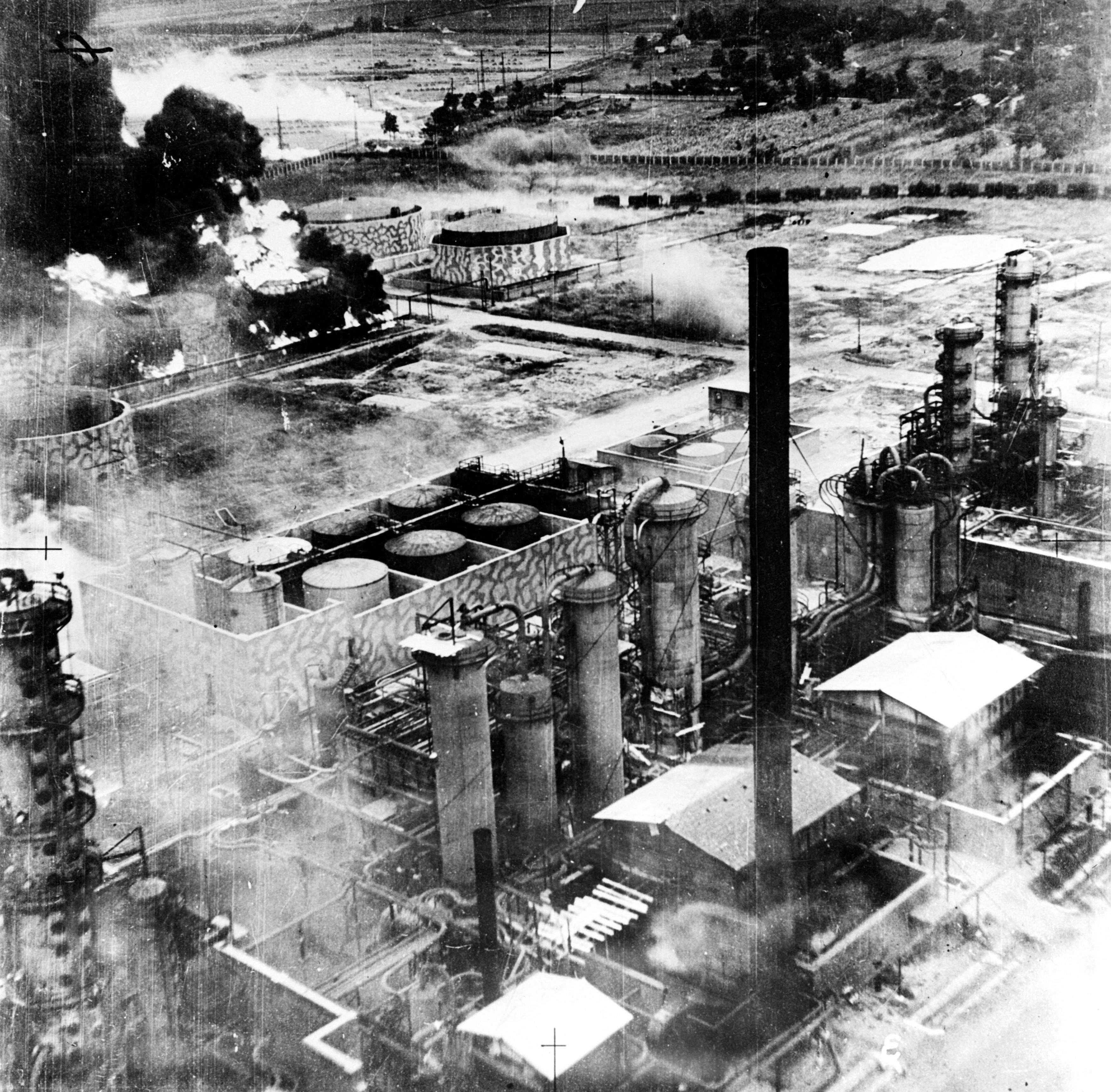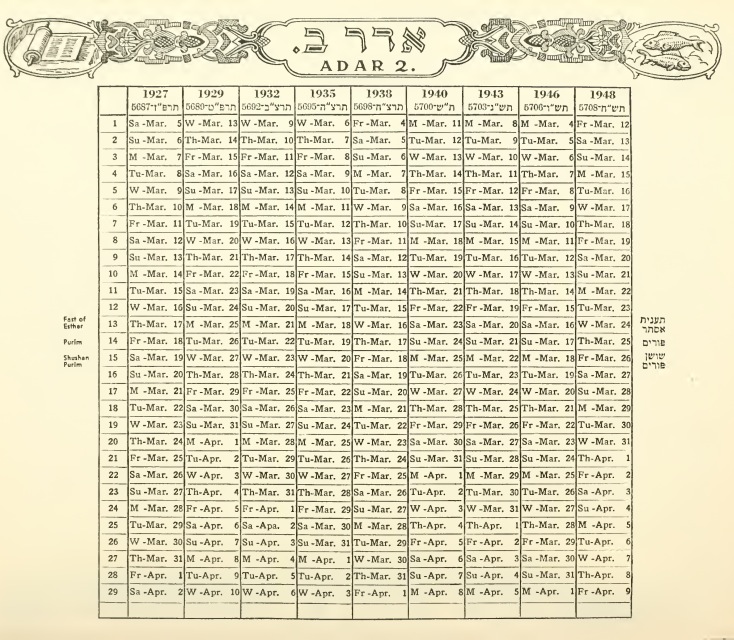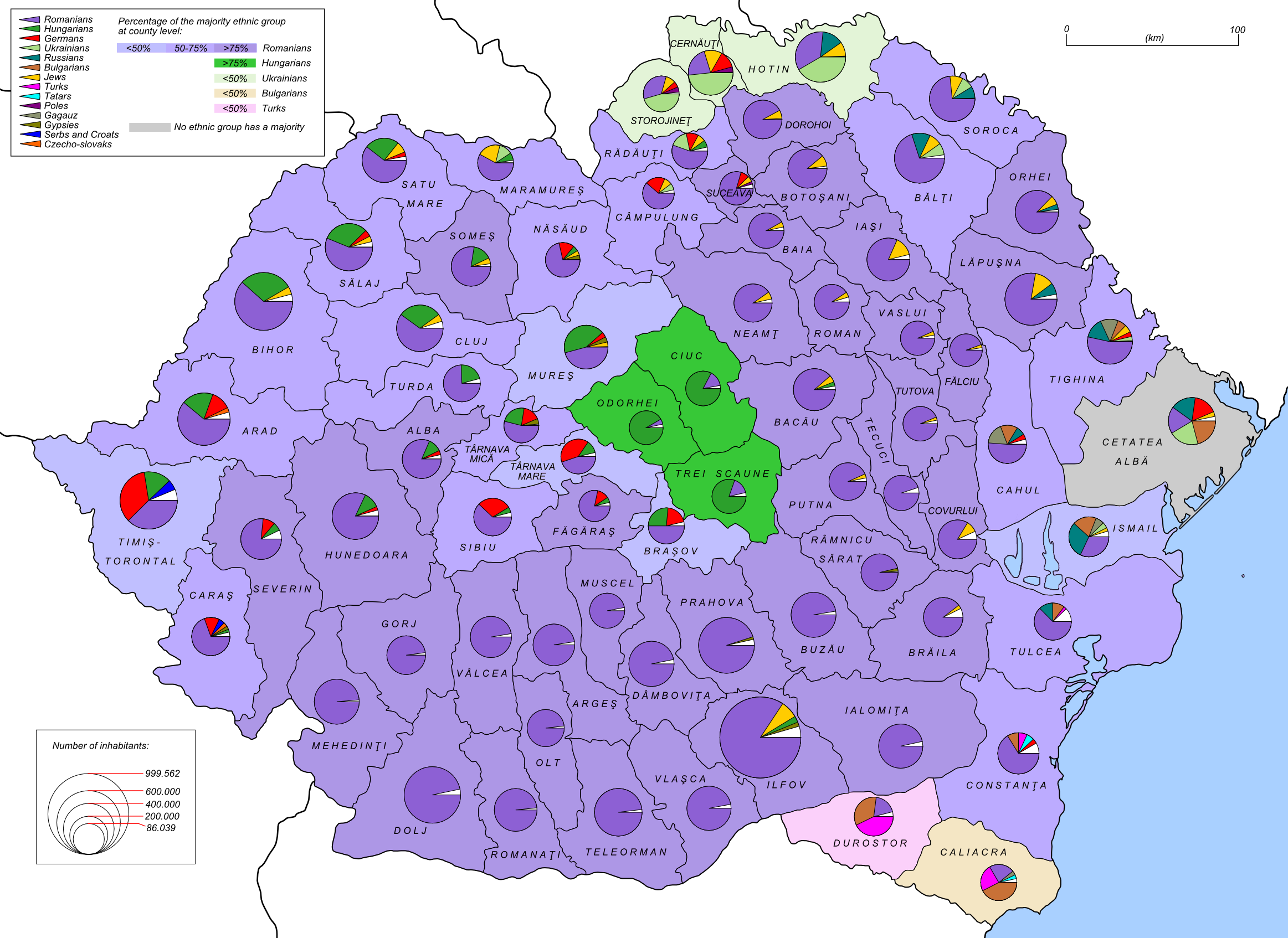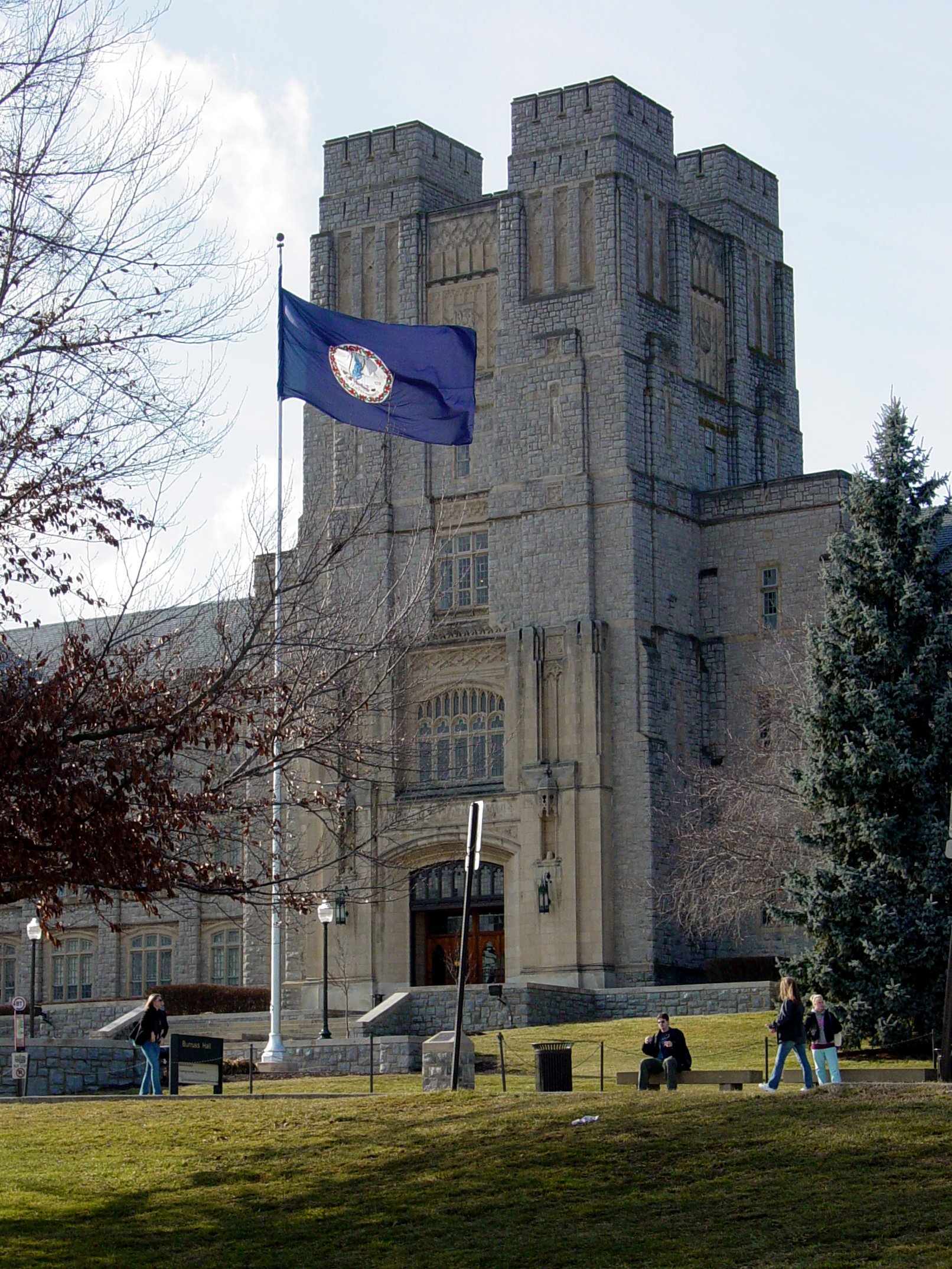|
Liviu Librescu
Liviu Librescu (; he, ליביו ליברסקו; August 18, 1930 – April 16, 2007) was a Romanian–American scientist and engineer. A prominent academic in addition to being a survivor of the Holocaust, his major research fields were aeroelasticity and aerodynamics. Librescu is most widely known for his actions during the Virginia Tech shooting, when he held the doors to his lecture hall closed, allowing all but one of his students enough time to escape through the windows.Holocaust Survivor, Professor Killed Helping Students Escape">Holocaust">Holocaust Survivor, Professor Killed Helping Students Escape, ''Fox News'', April 17, 2007. Accessed February 20, 2008. Shot and killed during the attack, Librescu was posthumously awarded the Order of the Star of Romania, the country's highest civilian honor. Coincidentally, Librescu's act of heroism happened on Nisan 27 in the Jewish lunar calendar. That date is Yom HaShoah, which is Holocaust Remembrance Day in Israel. At the time ... [...More Info...] [...Related Items...] OR: [Wikipedia] [Google] [Baidu] |
Ploiești
Ploiești ( , , ), formerly spelled Ploești, is a city and county seat in Prahova County, Romania. Part of the historical region of Muntenia, it is located north of Bucharest. The area of Ploiești is around , and it borders the Blejoi commune in the north, Bărcănești and Brazi communes in the south, Târgșoru Vechi commune in the west, and Bucov and Berceni communes in the east. According to the 2011 Romanian census, there were 201,226 people living within the city limits, making it the ninth most populous in the country. The city grew beginning with the 17th century on an estate bought by Michael the Brave from the local landlords, gradually taking the place of the nearby Wallachian fairs of Târgșor, Gherghița and Bucov. Its evolution was accelerated by heavy industrialisation, with the world's first systematic petroleum refinery being opened in 1856–1857. Following massive exploitation of the oil deposits in the area, Ploiești earned the nickname of "th ... [...More Info...] [...Related Items...] OR: [Wikipedia] [Google] [Baidu] |
Jewish Lunar Calendar
The Hebrew calendar ( he, הַלּוּחַ הָעִבְרִי, translit=HaLuah HaIvri), also called the Jewish calendar, is a lunisolar calendar used today for Jewish religious observance, and as an official calendar of the state of Israel. It determines the dates for Jewish holidays and the appropriate Torah reading, public reading of Weekly Torah portion, Torah portions, '' yahrzeits'' (dates to commemorate the death of a relative), and daily Psalm readings, among many ceremonial uses. In Israel, it is used for religious purposes, provides a time frame for agriculture, and is an official calendar for civil holidays, alongside the Gregorian calendar. The present Hebrew calendar is the result of a process of development, including a Babylonian influence. Until the Tannaitic period (approximately 10–220 CE), the calendar employed a new crescent moon, with an additional month normally added every two or three years to correct for the difference between the lunar year o ... [...More Info...] [...Related Items...] OR: [Wikipedia] [Google] [Baidu] |
The Holocaust
The Holocaust, also known as the Shoah, was the genocide of European Jews during World War II. Between 1941 and 1945, Nazi Germany and its collaborators systematically murdered some six million Jews across German-occupied Europe; around two-thirds of Europe's Jewish population. The murders were carried out in pogroms and mass shootings; by a policy of extermination through labor in concentration camps; and in gas chambers and gas vans in German extermination camps, chiefly Auschwitz-Birkenau, Bełżec, Chełmno, Majdanek, Sobibór, and Treblinka in occupied Poland. Germany implemented the persecution in stages. Following Adolf Hitler's appointment as chancellor on 30 January 1933, the regime built a network of concentration camps in Germany for political opponents and those deemed "undesirable", starting with Dachau on 22 March 1933. After the passing of the Enabling Act on 24 March, which gave Hitler dictatorial plenary powers, the government began iso ... [...More Info...] [...Related Items...] OR: [Wikipedia] [Google] [Baidu] |
Associated Press
The Associated Press (AP) is an American non-profit news agency headquartered in New York City. Founded in 1846, it operates as a cooperative, unincorporated association. It produces news reports that are distributed to its members, U.S. newspapers and broadcasters. The AP has earned 56 Pulitzer Prizes, including 34 for photography, since the award was established in 1917. It is also known for publishing the widely used ''AP Stylebook''. By 2016, news collected by the AP was published and republished by more than 1,300 newspapers and broadcasters, English, Spanish, and Arabic. The AP operates 248 news bureaus in 99 countries. It also operates the AP Radio Network, which provides newscasts twice hourly for broadcast and satellite radio and television stations. Many newspapers and broadcasters outside the United States are AP subscribers, paying a fee to use AP material without being contributing members of the cooperative. As part of their cooperative agreement with the AP ... [...More Info...] [...Related Items...] OR: [Wikipedia] [Google] [Baidu] |
Ghettos In Occupied Europe 1939-1944
Beginning with the invasion of Poland during World War II, the Nazi regime set up ghettos across German-occupied Eastern Europe in order to segregate and confine Jews, and sometimes Romani people, into small sections of towns and cities furthering their exploitation. In German documents, and signage at ghetto entrances, the Nazis usually referred to them as ''Jüdischer Wohnbezirk'' or ''Wohngebiet der Juden'', both of which translate as the Jewish Quarter. There were several distinct types including ''open ghettos'', ''closed ghettos'', ''work'', ''transit'', and ''destruction ghettos'', as defined by the Holocaust historians. In a number of cases, they were the place of Jewish underground resistance against the German occupation, known collectively as the ghetto uprisings. Background and establishment of the ghettos The first anti-Jewish measures were enacted in Germany with the onset of Nazism; these measures did not include ghettoizing German Jews: such plans were rejecte ... [...More Info...] [...Related Items...] OR: [Wikipedia] [Google] [Baidu] |
Transnistria (World War II)
The Transnistria Governorate ( ro, Guvernământul Transnistriei) was a Romanian-administered territory between the Dniester and Southern Bug, conquered by the Axis Powers from the Soviet Union during Operation Barbarossa and occupied from 19 August 1941 to 29 January 1944. Limited in the west by the Dniester river (separating it from Bessarabia), in the east by the Southern Bug river (separating it from the German Reichskommissariat Ukraine), and in the south by the Black Sea, it comprised the present-day region of Transnistria (which compared to the World War II whole is only a small strip along the bank of the Dniester) and territories further east (modern Odesa Oblast eastward of the Dniester, southern Vinnytsia Oblast and a small part of eastern Mykolaiv Oblast), including the Black Sea port of Odesa, which became the administrative capital of Transnistria during World War II. In World War II, the Kingdom of Romania, persuaded and aided by Nazi Germany, took control of Trans ... [...More Info...] [...Related Items...] OR: [Wikipedia] [Google] [Baidu] |
Labor Camp
A labor camp (or labour camp, see spelling differences) or work camp is a detention facility where inmates are forced to engage in penal labor as a form of punishment. Labor camps have many common aspects with slavery and with prisons (especially prison farms). Conditions at labor camps vary widely depending on the operators. Convention no. 105 of the United Nations International Labour Organization (ILO), adopted internationally on 27 June 1957, abolished camps of forced labor. In the 20th century, a new category of labor camps developed for the imprisonment of millions of people who were not criminals ''per se'', but political opponents (real or imagined) and various so-called undesirables under communist and fascist regimes. Some of those camps were dubbed "reeducation facilities" for political coercion, but most others served as backbones of industry and agriculture for the benefit of the state, especially in times of war. Precursors Early-modern states could exploi ... [...More Info...] [...Related Items...] OR: [Wikipedia] [Google] [Baidu] |
World War II
World War II or the Second World War, often abbreviated as WWII or WW2, was a world war that lasted from 1939 to 1945. It involved the World War II by country, vast majority of the world's countries—including all of the great powers—forming two opposing military alliances: the Allies of World War II, Allies and the Axis powers. World War II was a total war that directly involved more than 100 million Military personnel, personnel from more than 30 countries. The major participants in the war threw their entire economic, industrial, and scientific capabilities behind the war effort, blurring the distinction between civilian and military resources. Air warfare of World War II, Aircraft played a major role in the conflict, enabling the strategic bombing of population centres and deploying the Atomic bombings of Hiroshima and Nagasaki, only two nuclear weapons ever used in war. World War II was by far the List of wars by death toll, deadliest conflict in hu ... [...More Info...] [...Related Items...] OR: [Wikipedia] [Google] [Baidu] |
Romania During World War II
Following the outbreak of World War II on 1 September 1939, the Kingdom of Romania under King Carol II officially adopted a position of neutrality. However, the rapidly changing situation in Europe during 1940, as well as domestic political upheaval, undermined this stance. Fascist political forces such as the Iron Guard rose in popularity and power, urging an alliance with Nazi Germany and its allies. As the military fortunes of Romania's two main guarantors of territorial integrity—France and Britain—crumbled in the Fall of France (May to June, 1940), the government of Romania turned to Germany in hopes of a similar guarantee, unaware that the then-dominant European power had already granted its blessing to Soviet claims on Romanian territory in a secret protocol of 1939's Molotov–Ribbentrop Pact. In the summer of 1940 diplomacy resolved a series of territorial disputes in a manner unfavorable to Romania, resulting in the loss of most of the territory gained in the wake ... [...More Info...] [...Related Items...] OR: [Wikipedia] [Google] [Baidu] |
Virginia Polytechnic Institute And State University
Virginia Tech (formally the Virginia Polytechnic Institute and State University and informally VT, or VPI) is a public land-grant research university with its main campus in Blacksburg, Virginia. It also has educational facilities in six regions statewide, a research center in Punta Cana, Dominican Republic, and a study-abroad site in Riva San Vitale, Switzerland. Through its Corps of Cadets ROTC program, Virginia Tech is a senior military college. Virginia Tech offers 280 undergraduate and graduate degree programs to some 34,400 students; as of 2015, it was the state's second-largest public university by enrollment. It manages a research portfolio of $522 million, placing it among the top 50 universities in the U.S. for total research expenditures, top 25 in computer and information sciences and top 10 in engineering, with the latter two the highest rankings in the state. It is classified among "R1: Doctoral Universities – Very high research activity". VT has produced ... [...More Info...] [...Related Items...] OR: [Wikipedia] [Google] [Baidu] |










